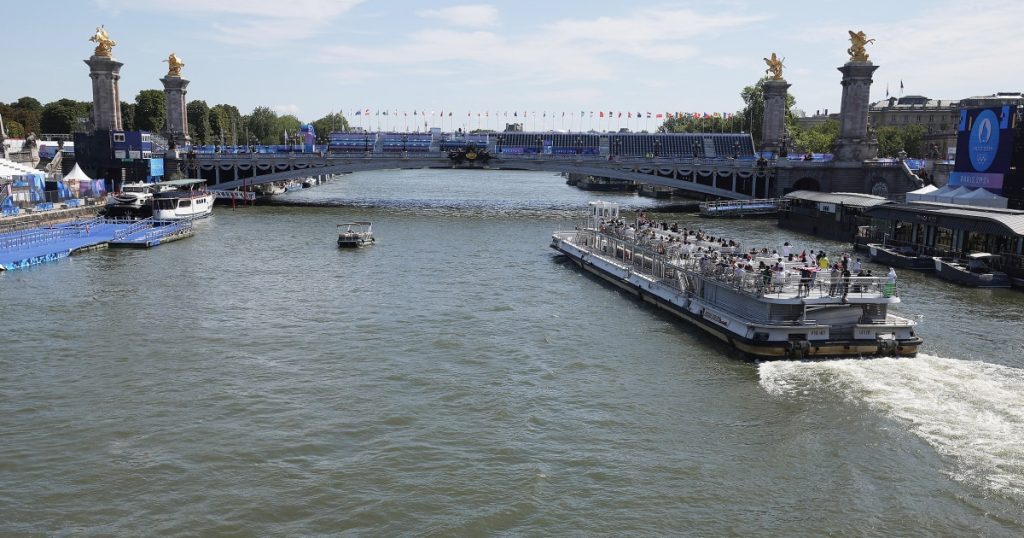Swimming in the Seine River, a planned event for the 2024 Paris Olympics, has raised concerns about bacterial contamination, primarily E. coli and enterococci, which indicate fecal contamination. The presence of raw sewage in the river poses risks of gastrointestinal illness, eye infections, and infected wounds to athletes. Heavy rain can lead to untreated wastewater overflowing into the Seine, prompting the cancellation of training sessions due to water quality concerns. Officials are closely monitoring bacteria levels and are confident in their ability to organize events as planned, with expectations of improved water quality as weather conditions improve.
Certain bacteria levels exceeded limits at Pont Alexandre III, the planned swimming starting location, on July 21, according to the latest data published by the city of Paris. Despite improvements, it is important to recognize that all freshwater bodies contain some fecal contamination, and the risk of illness is relative to the dose of bacteria present in the water. Athletes competing in swimming events in the Seine, including the triathlon and marathon races, are advised to be cautious about potential health dangers associated with swallowing contaminated water, eye infections, and wound infections. Precautions such as cleaning wounds and monitoring symptoms of illness are important for athlete safety.
The decision to proceed with swimming events in the Seine during the Olympics will be based on daily water quality assessments, with potential postponement or alteration of event formats in case of poor water quality. World Triathlon, the governing body for the sport, will collaborate with organizers to make these decisions on the morning of each scheduled event. Contingency plans include the option to switch to a duathlon format or relocate events to the Vaires-sur-Marne Nautical Stadium if water quality in the Seine does not meet safety standards. Athletes are advised to remain vigilant about their health and seek medical attention if they experience any symptoms of illness after swimming in the river.
France invested $1.5 billion in upgrading Paris’ sewage system to prepare for the Olympics, including renovating sewer infrastructure, upgrading wastewater treatment plants, and building a large underground water storage basin known as the Austerlitz Basin. This basin can hold excess water during heavy rain, preventing it from overwhelming the system and being discharged into the Seine. These improvements were part of a nine-year cleanup effort to restore the river’s water quality and make it suitable for recreational activities such as swimming. Paris Mayor Anne Hidalgo’s swim in the river on July 17 aimed to demonstrate its cleanliness following these extensive cleanup efforts.
While swimming in the Seine River was once banned due to its dirty state, efforts to improve water quality have made it feasible for Olympic events. However, challenges remain, particularly during periods of heavy rain when untreated sewage can overflow into the river. Despite these concerns, officials express confidence in their ability to ensure a safe and successful Olympics in Paris. Monitoring of bacteria levels, daily assessments of water quality, and contingency plans in place demonstrate a commitment to athlete safety and the successful conduct of swimming events in the Seine during the 2024 Paris Olympics. Athletes are advised to take precautions and monitor their health during and after swimming in the river to minimize the risk of illness.













